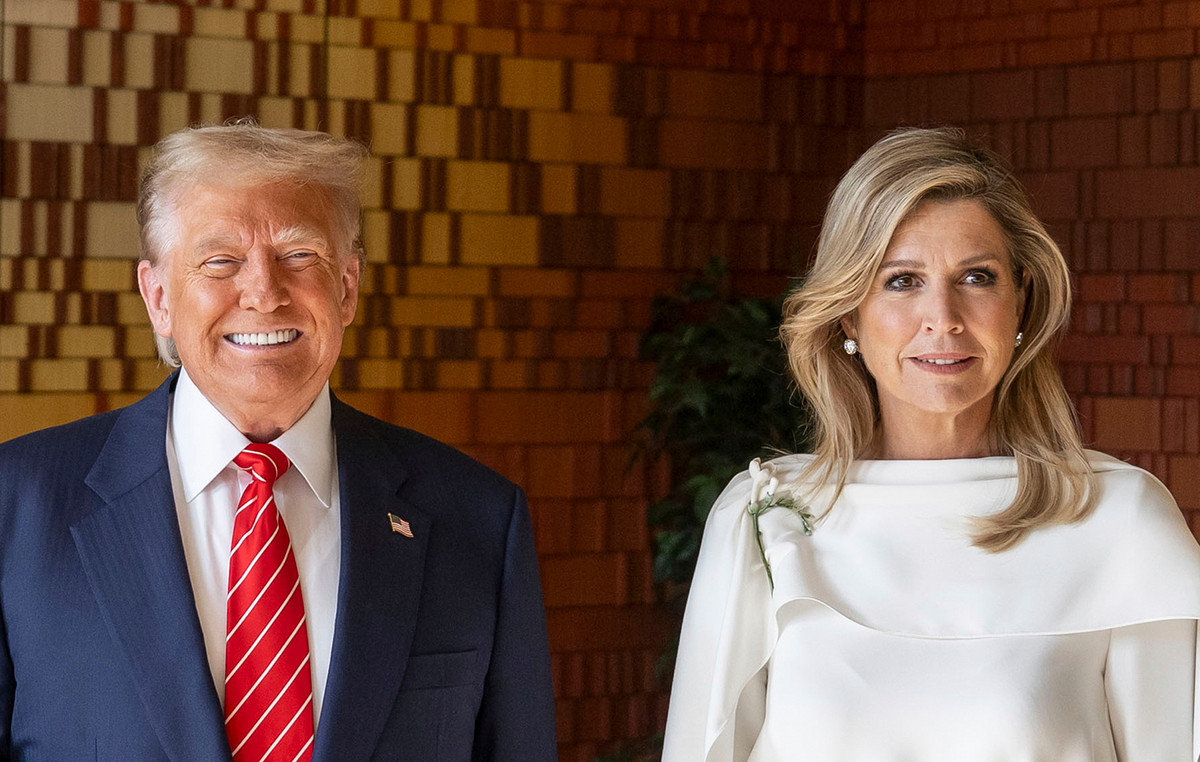Economy Minister Paulo Guedes reiterated that GDP could grow by up to 3% in 2022, with the unemployment rate falling to 8%. According to him, private investment is driving the recovery process of the Brazilian economy. The statements were made during the Latam Retail Show 2022 congress of the retail sector.
“Brazil is already flying again and we have R$ 900 billion in investments contracted over the next ten years. Brazil is doomed to grow. This year, possibly, Brazil will have lower inflation than the United States. Brazil’s growth will be higher than that of the G7 member countries,” he said.
Guedes also stressed that the government will register the first primary surplus in the last 13 years in 2022, but did not detail the value. Estimates from the Independent Fiscal Institution (IFI) of the Senate, show that public accounts should be in the blue at R$ 71.2 billion in the year.
According to Guedes, the proportion of public debt in relation to Gross Domestic Product (GDP) should also return to the level of January 2019 if the National Bank for Economic and Social Development (BNDES) pays the R$90 billion it still owes the National Treasury. . The minister highlighted that the public bank has already returned R$ 410 billion to the public coffers. “We have shown that it is possible to control the beast of public spending”, he summarized.
According to Guedes, the successive increases in revenue are shared with the population through tax cuts.
Budget expenses X political class
The Minister of Economy once again stated that the political class needs to decide where the budget resources go through a process of untying and de-indexing. According to Guedes, 96% of budget expenditures are stamped and only 4% can be defined by parliamentarians.
According to the minister, one of the solutions to reduce social inequalities in Brazil is the creation of a poverty eradication fund with resources from the sale of state-owned companies.
“Past governments say that state-owned companies are the patrimony of the people. We are not going to divert resources from state-owned companies, we are going to return resources that are from the people to the people with the sale of state-owned companies. There was no crisis in the other governments and they sank the country,” he said.
Guedes also defended the creation of a flexible work regime, based on the amount paid per hour worked. According to him, this proposal was sent to Congress as a Green and Yellow Card, but was rejected by parliamentarians.
In addition, the minister reiterated that President Jair Bolsonaro (PL) has a commitment to the poorest and that a presidential message will be sent to Congress to restore the resources destined for the Popular Pharmacy program.
“Now, as everyone knows that the Popular Pharmacy is important, one of two things: either the RP9 will return to finance the Popular Pharmacy or we will have to cut somewhere else. The president guarantees that the Popular Pharmacy will follow. It’s a temporary disengagement,” he said again.
Guedes also defended that public banks should finance micro, small and medium-sized companies, while large ones should raise funds in the market.
“There was a champion with BRL 10 billion in Caixa and another with BRL 10 billion in BNDES, we told them to go to the market to get financing,” he said.
The minister also asked for votes for Tarcísio de Freitas (Republicans), candidate for the government of São Paulo.
administrative reform
Guedes said that the administrative reform could be approved as early as 2022 if President Jair Bolsonaro (PL) is reelected. According to him, the tax reform should also be debated by parliamentarians in 2023 and should favor economic growth.
According to Guedes, the government managed to carry out an administrative reform of R$ 160 billion without granting salary readjustments during the mandate. However, the minister defended that this practice needs to change and the reform proposal debated by Congress needs to move forward.
Guedes also refuted criticism that Brazil is in crisis and that the government practices fiscal populism. According to him, the market has been systematically wrong in its projections, while the results are positive.
“We are not going to be intimidated by the talk that there is a crisis, of fiscal populism. There is no reason to carry pessimism into next year,” he said.
Credit
The Minister of Economy promised an audience made up of entrepreneurs in the retail sector to expand the supply of credit to small and medium-sized companies.
“It will not be because of a credit problem that we will have a problem in retail”, declared the minister when answering a question about the availability of credit.
He highlighted that, with the renewal of the credit program for micro and small companies, Pronampe, around R$ 1 billion are currently being released to small businesses. He also said again that, in 2023, the wind will blow in favor of the economy again, given the prospect of interest reduction. “There is absolutely no reason to be pessimistic about next year.”
According to Guedes, the government never stopped paying attention to credit to small companies, having, since the beginning of the mandate, the diagnosis that, in order to reduce market rates, competition between banks needed to be expanded. It would therefore be necessary to support the entry of fintechs into the market and the performance of public banks. The advance of inflation and the war in Ukraine, with a consequent increase in interest rates, however, hindered the plans. “We were on this path until Covid arrived,” said the minister.
Still, Guedes recalled that, with Pronampe, between R$ 60 billion and R$ 80 billion arrived “quickly” to small entrepreneurs in the pandemic. “It was a success,” said the minister.
Source: CNN Brasil
Joe Jameson, a technology journalist with over 2 years of experience, writes for top online news websites. Specializing in the field of technology, Joe provides insights into the latest advancements in the industry. Currently, he contributes to covering the world stock market.







